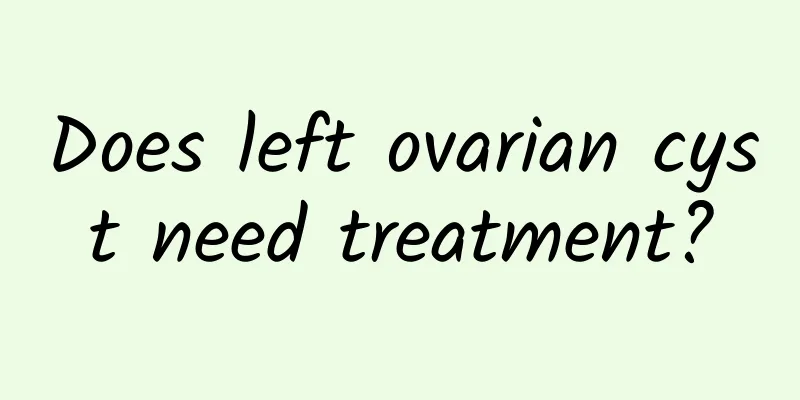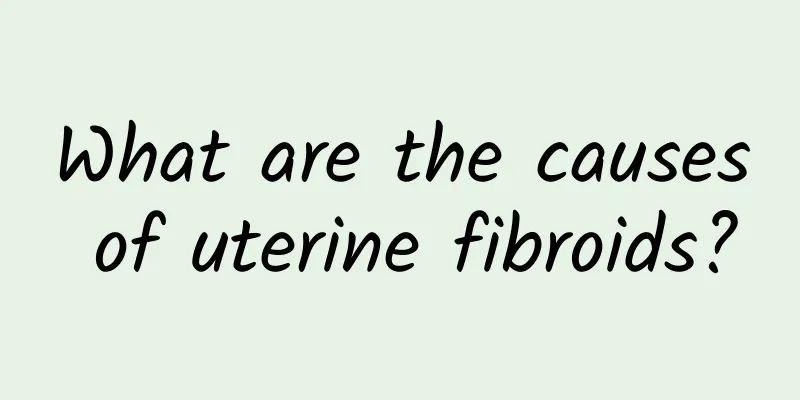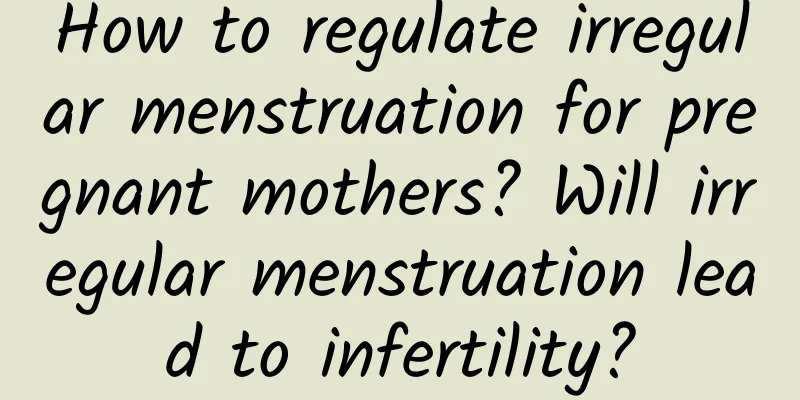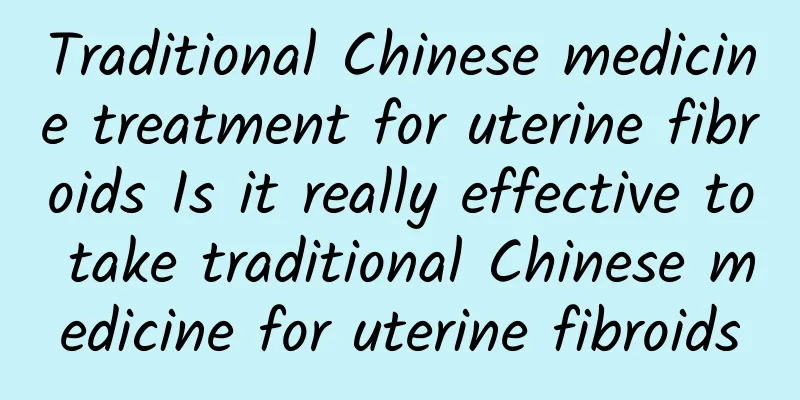What causes uterine cysts?
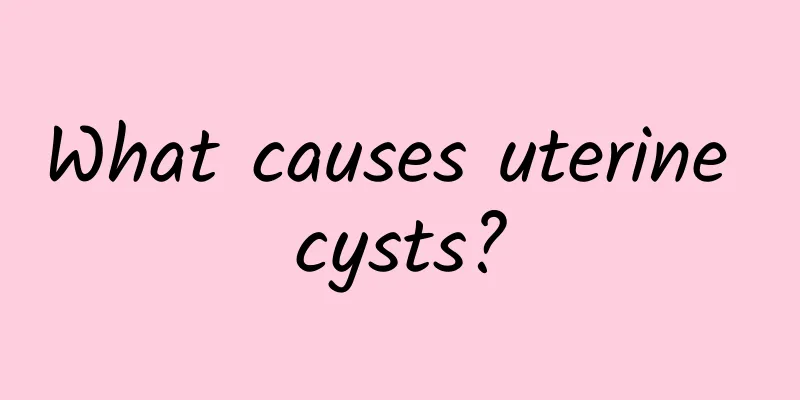
|
Treatments for uterine cysts include medication, surgery, and traditional Chinese medicine. Common causes include physiological cysts, inflammation, and endocrine disorders. Physiological cysts are mostly benign and can be treated with observation or medication; inflammatory cysts require anti-inflammatory treatment; cysts caused by endocrine disorders require hormone level regulation. For larger cysts or cysts with a risk of malignancy, surgical removal is recommended. 1. Physiological cysts are often related to the menstrual cycle and are common after ovulation. Most of them can disappear on their own. If the cyst persists or is large in size, oral contraceptives can be taken to regulate hormone levels and help the cyst shrink or disappear. 2. Inflammatory cysts are mostly caused by chronic inflammation such as pelvic inflammatory disease and adnexitis, and require targeted antibiotics or Chinese medicine anti-inflammatory treatment. Common antibiotics include cephalosporins, metronidazole, etc. Chinese medicine such as heat-clearing and detoxifying prescriptions can be used as auxiliary treatment. 3. Endocrine disorders are common causes of uterine cysts, which are often manifested as excessive estrogen levels or luteal insufficiency. Treatment can be achieved by taking hormone drugs such as progesterone or ovulation-inducing drugs to regulate endocrine balance and prevent cyst recurrence. 4. For cysts with a diameter of more than 5 cm, cysts that grow rapidly or suspected malignant lesions, surgical treatment should be considered. Common surgical procedures include laparoscopic cystectomy, hysteroscopy or laparotomy, which are selected according to the nature of the cyst and the patient's condition. 5. Traditional Chinese medicine believes that uterine cysts are related to qi stagnation, blood stasis, and phlegm and dampness condensation, and can be improved through Chinese medicine conditioning. Commonly used Chinese medicine prescriptions such as Taohong Siwu Decoction and Guizhi Fuling Pills have the effects of promoting blood circulation and removing blood stasis, resolving phlegm and dispersing nodules, and can assist Western medicine treatment. The treatment of uterine cysts requires selecting an appropriate plan based on the cause, nature of the cyst and individual patient conditions. Regular follow-up is key, and timely medical attention should be sought when necessary. |
<<: Can a thick endometrium cause cancer?
>>: Causes and hazards of cervical hypertrophy during pregnancy
Recommend
What are the harms of pelvic effusion to the body
Pelvic effusion is mainly caused by long-term pel...
Can uterine fibroids heal on their own?
Uterine fibroids cannot heal on their own. Howeve...
What to eat when leucorrhea smells bad
Abnormally foul-smelling leucorrhea may be relate...
KO weight loss plateau! 3 actions to increase your basal metabolic rate
I believe that many people who are losing weight ...
How to prevent cervical warts in women
Cervical warts are becoming increasingly prevalen...
What are the symptoms of ectopic pregnancy
What are the symptoms of ectopic pregnancy? Ectop...
Can cervical precancerous lesions be treated with medicine?
Everyone is familiar with cervical precancerous l...
Does second-degree cervical erosion require surgery? Not necessarily
The uterus is very important for every woman. It ...
Water pear around waist? "Low GL diet" helps you lose weight easily
Office workers sit for long periods of time and s...
Your body shape determines how you exercise! Even people who don't gain weight should exercise
【A body shape that won’t gain weight】 If you are ...
Doctors explain the dangers of threatened abortion
Pregnancy is the most important event in a woman&...
5 tips to prevent premature ovarian failure
As women age, their ovarian function will gradual...
What are the correct ways to regulate irregular menstruation?
What are the correct ways to treat irregular mens...
The most advanced method for diagnosing threatened miscarriage
In today's society, women are experiencing th...
What should I do if I have dysmenorrhea and irregular menstruation? Is dysmenorrhea and irregular menstruation caused by endocrine disorders?
Patients with dysmenorrhea often show many compli...
